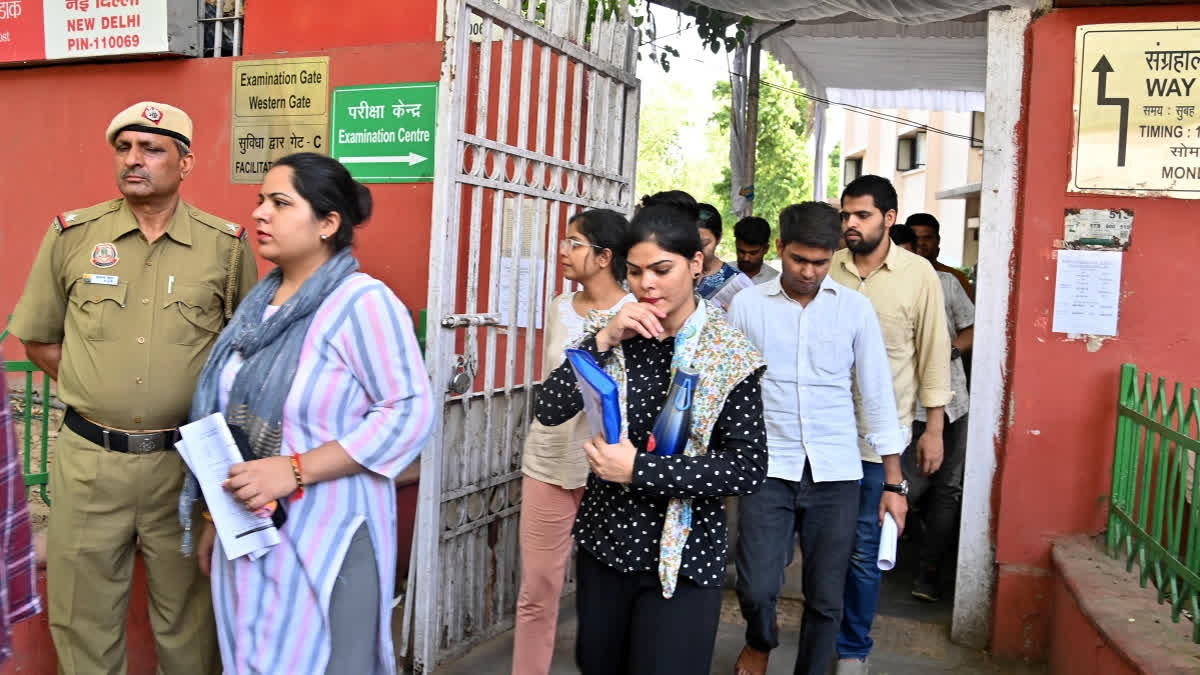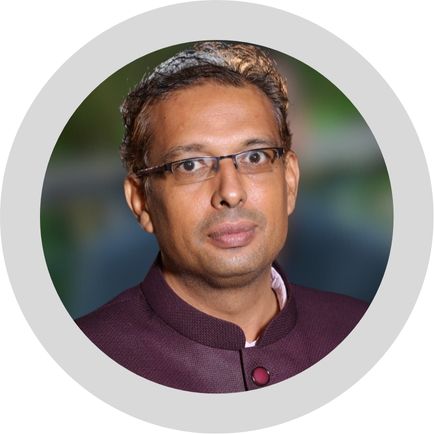The recently released UPSC results, as always, evoked much euphoria, showcasing the resounding success of aspirants who are going to man the most coveted public services of the country.
As serendipity would have it, comments by an official of PM’s economic advisory council (PMEAC) a few months ago on this subject have come under the scanner. Terming it as “Poverty of Aspiration”, the advisor has, at a stroke, termed preparation for UPSC exams as a sheer waste of time.
Instead, as he goes on to suggest, today’s youth must rather aspire to become another Elon Musk or a Mukesh Ambani rather than a joint secretary in the Union government. As an aside, the official concerned is a lateral entrant in the incumbent government who chose to leave a high-paying job to work in the public policy realm.
There is no gainsaying the fact that a staggering number of aspirants (close to a million) compete for a few hundred posts each year and that the economy is not generating enough jobs to absorb the young talent in the labour markets, as revealed by a recent report by ILO. However, to characterize the UPSC preparation as a “Poverty of Aspiration” is unjust and unnecessary.
Such outlandish remarks are not just disparaging, but also discouraging and demotivating for those who harbour the zest to become a policymaker. To the contrary, a rising aspiration to become a bureaucrat may well signify the “Nobility of Aspiration” in today’s youth. A perusal of the data of those qualifying for the top-notch services viz. IAS, IPS and IFS suggests that a large proportion of these candidates have an engineering or some other technocratic background such as medicine, management, chartered accountancy, law among others.
This cohort of youth has studied in the best of educational institutions and could well have managed to secure a lucrative and high yielding job in the private sector or work abroad. Yet, they chose to renounce that temptation to join the bureaucracy, where average emoluments are, but a fraction of those earned in the private sector.
The degree of hard work that goes into cracking one of the most difficult examinations in the world is astounding. It is no wonder then that it takes an average of one to two years for an aspiring individual to develop the requisite capability and a cosmopolitan understanding of the myriad facets of the vast expanse of the UPSC curriculum.
The years spent in preparation for these exams are well invested towards developing an awareness of the diverse social milieu that underpins the rich tapestry of India, the manifold challenges that the nation confronts with and the nuances of political economy that pervades the policymaking realm. It demands painstaking effort, mental resilience, endurance, and equipoise for one to navigate the UPSC journey, which is invariably fraught with a mix of both successes and setbacks.
The official seems to be particularly concerned with aspirants taking repeated attempts in their quest to join the services of their choice. Perhaps, the official believes that success can be accomplished overnight and that failures should mark the end of one’s quest for a superior goal.
This misplaced notion is antithetical to the teachings of the Vedas which proclaim “Charaiveti Charaiveti” i.e. “Keep on treading steadfastly till you reach the destination.” The observations of the official seem to implicitly suggest that the private sector offers a sure road to success. However, facts and common sense suggest otherwise. According to “Harvard Business Review” nearly 90% of startups fail to materialize into profitable ventures in one go. However, this is by no means a waste of human effort. If anything, it reflects the human ingenuity to strive for an even better tomorrow.
No human endeavour, for that matter, is without its share of setbacks and failures. Thomas Alva Edison famously said, “I have not failed 10,000 times- I’ve successfully found 10,000 ways that will not work”.
India’s space program is a testament to the fact that failures could not come in the way of our scientists who were dogged in their determination to make India succeed, “Chandrayaan-3” being a case in point. Multiple iterations in any endeavour should not, therefore, be despised or viewed as poverty of aspiration.
Those aspiring for these services are driven by the zeal and commitment to work for a larger social cause, with a spirit of selflessness entrenched in their hearts and minds. Public service, apart from this overarching objective also connotes different meanings for different set of people. For those belonging to the marginalized strata, it may be a road to social mobility and a gateway to improving the social landscape they come from.
For others, it may be a matter of immense prestige and privilege to represent the country abroad as a diplomat. For yet others, it may be an obsession to dawn the Khaki as a cop and improve the law & order and strengthen the national security. Such scurrilous remarks are a jolt to the passion of “public service” that inheres in these aspirants. Not only do they disillusion the aspiring youth, but also, in effect, amount to writing off the stellar contribution made by civil servants in shaping the development trajectory of this nation.
Lest we forget, it was the genius of our committed civil servants who played a pivotal role in translating the democratic experiment envisaged in the constitution into a reality by conducting the world’s largest electoral exercise. This is but one facet of their multitude contributions towards catalyzing the socio-economic transformation of the country. This is not to suggest that bureaucracy is infallible and needs no reforms. But conflating it with private sector in terms of opportunities is akin to comparing apples and oranges.
Former NITI Aayog CEO and now G20 Sherpa, Amitabh Kant, who has been a career bureaucrat, has differed from the comments made by PMEAC official and said that “Government gives you scale and size which you can never get in the private sector”. Kant, however, acknowledged the importance of private sector in nation-building, advocating handholding by the government for the sector to grow.
This underscores that both are and must be equal stakeholders in charting India’s growth story. Also, civil servants can help foster a conducive policy ecosystem that enables private sector to contribute and collaborate with the government in catapulting economic growth that is both inclusive and sustainable. Such a policy framework can enable those with entrepreneurial spirit to become millionaires and billionaires.
In order to unlock the true potential of the nation and harness the demographic dividend, we need a committed, spirited and talented bureaucracy that is in sync with the present-day realities. We need a policy paradigm that is nimble and adept at addressing contemporary issues pertaining to climate change, technology disruption, and demographic transition among others.
The bureaucracy, or the “steel frame” as referred to by Sardar Patel, must impart vigour to the nation’s capabilities as it strives to attain a developed country status by 2047. In this backdrop, we must collectively celebrate and salute the UPSC aspirants for their tenacity, dedication, enterprise, and endeavour rather than making a mockery of their commitment to shape a better India of the years to come. Finally, it would be in the fitness of things to quote a verse from “Kathopnishad” that Swami Vivekanand often repeated, ”Arise, Awake and stop not till the goal is accomplished.”
(Disclaimer: The opinions expressed in this article are those of the writer. The facts and opinions expressed do not reflect the views of ETV Bharat)



